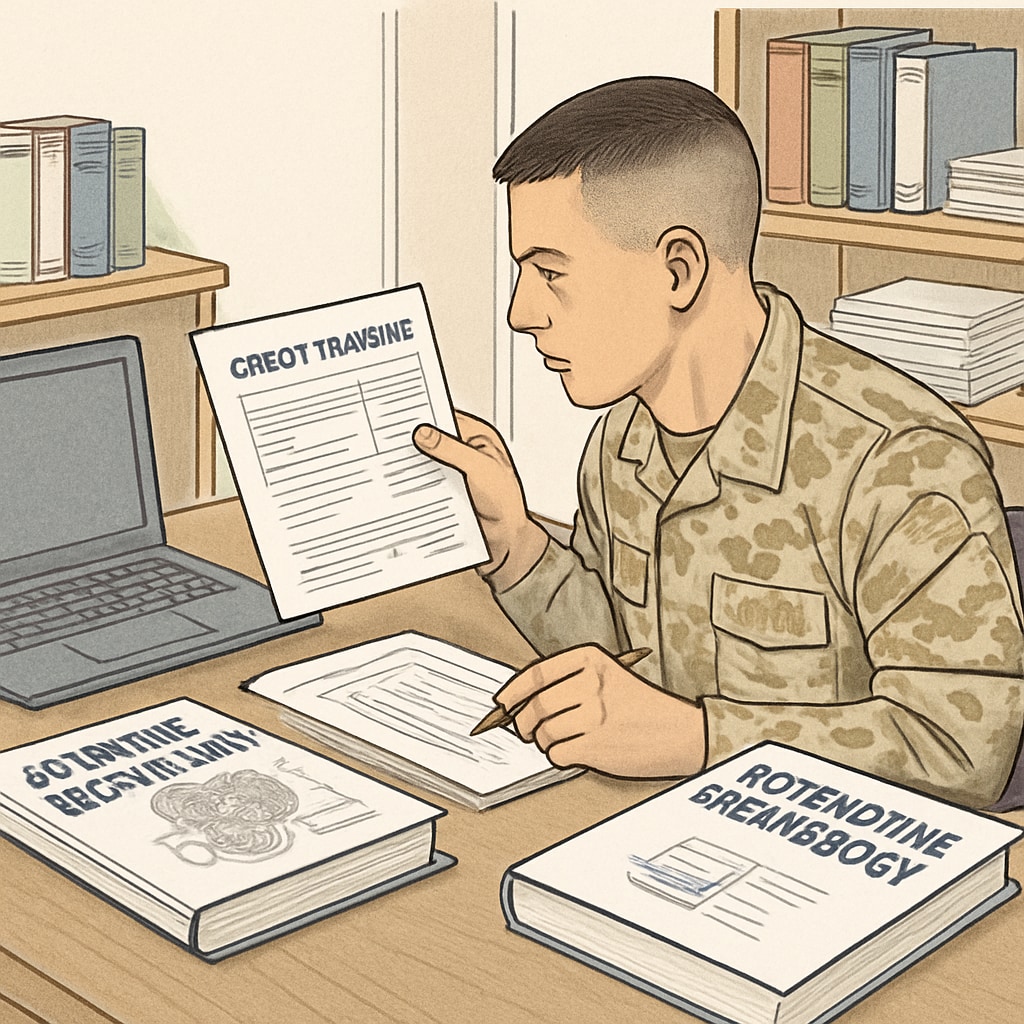For military personnel holding an associate degree in automotive technology, advancing to a bachelor’s degree is a strategic way to strengthen career opportunities both within and beyond the automotive field. The process involves navigating academic credit transfers, selecting compatible programs, and aligning educational pursuits with long-term goals. This article explores how military members can make the leap from an associate degree to a bachelor’s degree, while maximizing the value of their prior education and experience.
Choosing the Right Path: Aligning Your Associate Degree with a Bachelor’s Program
When transitioning from an associate degree in automotive technology to a bachelor’s degree, selecting the right program is crucial. The goal is to find a degree pathway that builds on your existing knowledge while opening doors to advanced opportunities. Relevant bachelor’s degree options may include:
- Automotive Management: Perfect for those looking to step into leadership roles within the automotive industry.
- Mechanical Engineering: A great fit for those interested in vehicle design, manufacturing, or advanced technical problem-solving.
- Business Administration: Ideal for military personnel aiming to combine technical skills with managerial expertise.
- Applied Science: A flexible option that often allows for the seamless integration of technical credits.
To start, research programs that specifically offer credit transfer options for automotive technology degrees. Many universities and colleges have articulation agreements (formalized credit transfer arrangements) with technical schools or community colleges, which can significantly reduce the time and cost required to earn a bachelor’s degree.

Navigating Credit Transfers: Maximizing the Value of Your Associate Degree
One of the main challenges in upgrading your associate degree to a bachelor’s degree is ensuring that as many credits as possible transfer into the new program. Military personnel should seek out institutions that are military-friendly and experienced in evaluating prior education and training. The following steps can help streamline the credit transfer process:
- Request a Transcript Evaluation: Submit your associate degree transcript to potential schools for a credit evaluation. Some schools also consider military training and experience, which can further reduce your course load.
- Research Articulation Agreements: Look for schools that have pre-established agreements with your technical college or military training program.
- Consult an Academic Advisor: Speak with advisors who specialize in helping veterans or transfer students. They can guide you on how to best apply your credits and select appropriate courses.
- Verify Accreditation: Ensure that both your previous institution and prospective school are accredited. This ensures credits are recognized and transferable.
For example, some schools offer programs specifically tailored to automotive professionals, such as bachelor’s degrees in automotive management or industrial technology, which often accept more technical credits. Additionally, military-friendly schools frequently provide resources to help veterans maximize their benefits, such as the GI Bill or tuition assistance.
Balancing Academic and Career Goals
As a military member, balancing academic goals with career aspirations is key. Your bachelor’s degree should not only align with your education but also position you for success in your desired field. For example:
- If you aim to work in automotive engineering, a degree in mechanical or industrial engineering may be the best fit.
- If leadership roles appeal to you, consider pursuing business-related degrees that emphasize management and strategy.
- If your goal is entrepreneurship, programs that combine automotive knowledge with business skills could prove invaluable.
Remember, transitioning from military service to civilian life often means leveraging your unique skills and experiences. Educational institutions that cater to veterans can provide additional support, such as career counseling, mentorship programs, and networking opportunities. This ensures that your academic journey is directly aligned with your professional ambitions.

Final Thoughts: Making the Leap from Associate to Bachelor’s Degree
Advancing from an associate degree in automotive technology to a bachelor’s degree is a rewarding step for military personnel seeking to enhance their career prospects. By carefully selecting the right program, maximizing credit transfers, and aligning academic pursuits with career goals, you can make this transition smoothly and effectively. In addition, take advantage of military education benefits and veteran-specific resources to reduce costs and ease the adjustment to academic life. With careful planning and determination, moving from the military to the classroom can open up a world of new opportunities in the automotive industry and beyond.
To learn more about credit transfers and degree options, visit resources like Academic Credit Transfer on Wikipedia or explore specific degree pathways through institutions recognized for their veteran-friendly policies.
Readability guidance: Use clear, concise paragraphs and lists to summarize key points. Incorporate transition words (such as “in addition” or “as a result”) to improve flow. Limit long sentences to enhance comprehension and maintain an active voice where possible.


